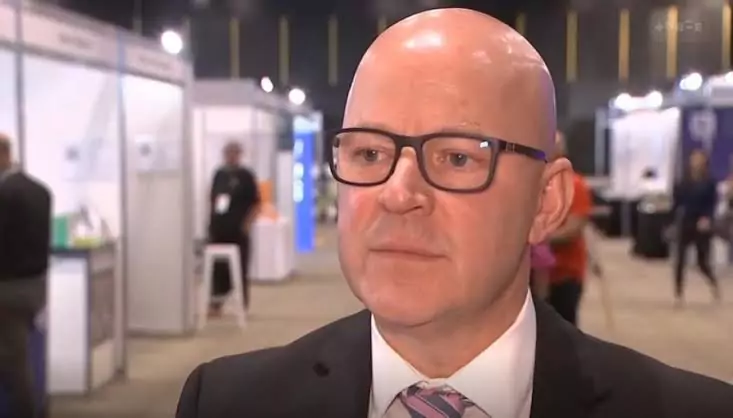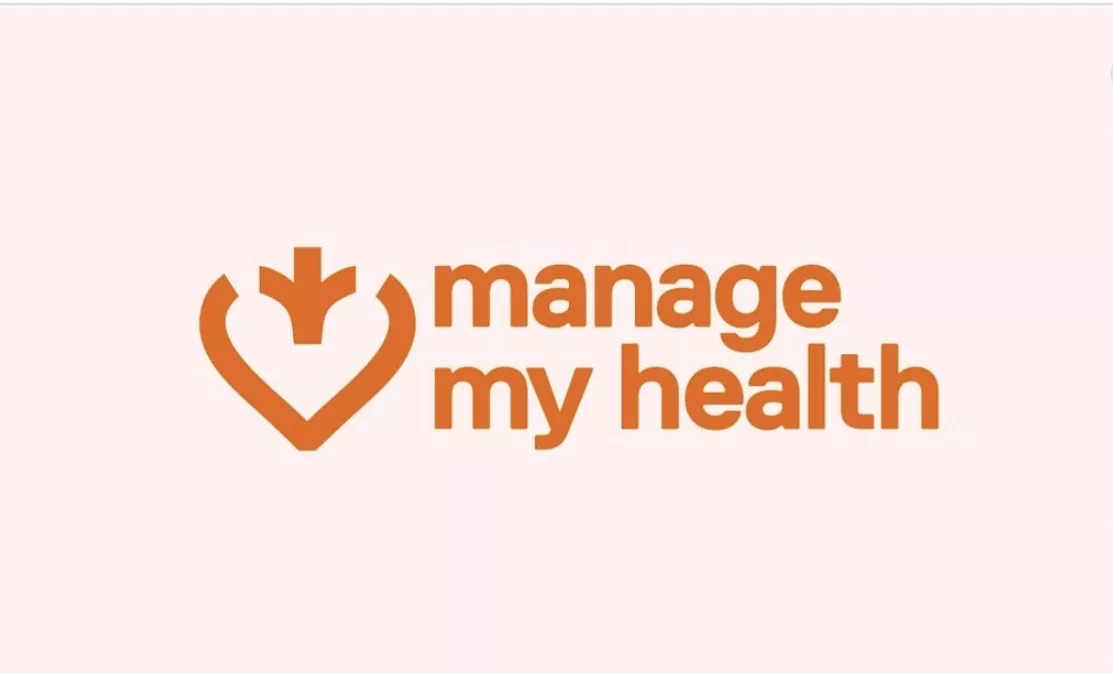Escaped youth tracked by Eagle helicopter, found hiding in New Brighton
The young person who escaped from a youth justice facility in Rolleston has been located...

A retired Christchurch couple says they will be forced to cancel their long-standing health insurance policy, after being hit with a staggering 70% premium increase, rising from $655 to $1,107 per month.
The couple, who asked not to be named, have been UniMed members for over 40 years and said the sudden price surge has left them feeling blindsided and financially strained.
“We’ve been members for decades. We’ve paid our dues, never made big claims, and now we’re being priced out,” they told Chris Lynch Media.
“It’s a huge jump. On a fixed income, it’s just not sustainable.”
Have you been affected by health insurance premium increases? Contact us to share your story.
The couple’s son, who was originally included under their family policy, has also been hit with a premium increase of over 50%.
The couple says the lack of public warning about the hike has added to the sense of shock.
“There’s been nothing in the papers, no real explanation. This will affect a lot of older people, and many will have no choice but to drop their cover.”
According to UniMed, the increases take effect from 15 August 2025, leaving members just weeks to make difficult decisions about their healthcare future.
UniMed Defends Increases Amid Mounting Costs
In response to questions from Chris Lynch Media, UniMed Interim CEO Lynne Hayman acknowledged that the premium hikes this year are higher than usual and said the company is facing “unprecedented claims cost inflation.”
“Premiums are driven by the rising cost of medical treatments and the number and size of claims,” Hayman said in a statement.
“These factors are not within UniMed’s direct control.”
The member-owned, not-for-profit insurer posted a $7.1 million deficit for the year ending June 2024. Hayman said the financial pressure has only intensified, necessitating price adjustments to maintain solvency.
“This is not sustainable going forward. We must increase our prices to continue supporting members and paying claims,” she said.
While UniMed says it is not alone, with other insurers also raising premiums, members say the scale of the increase far exceeds recent cost-of-living inflation.
“The CPI is minimal,” the Christchurch retired couple said. “How can they justify a 69% increase in a single year? It’s especially cruel for older people. We don’t have the income flexibility to absorb this.”
UniMed said it is working with customers to explore ways of reducing premiums, such as downgrading coverage or increasing policy excesses.
It has also introduced a $200,000 lifetime cap on spinal surgery and plans to enforce stricter pricing with service providers, moves intended to contain long-term costs.
Despite cutbacks, the company says it is extending some benefits, including bowel screening kits and nutrition support.
Rebecca Styles, investigative team leader at Consumer NZ, told Chris Lynch Media the increases are part of a wider trend across the industry.
“Our latest survey found health insurance premiums have risen between 18–36%, depending on the insurance provider, since our last survey in 2023,” she said.
“Insurance in general is a growing financial strain for New Zealand households. It was ranked the fourth most pressing financial concern in April 2025, up from sixth in October 2024, in Consumer NZ’s Sentiment Tracker survey.”
Styles said health insurance tends to become more expensive with age, and switching providers is not always a simple fix.
“Shopping around can be tricky, because any medical conditions developed since taking out the original policy may be considered pre-existing by a new insurer. That can mean no cover for those conditions, or cover that’s prohibitively expensive.”
She encourages people to speak to their current provider first.
“In the first instance, it may be best to contact your current insurer and assess whether there is a different policy type that would provide you with the cover you need at a price you can afford. For instance, you may decide to switch from a fully comprehensive policy to one that just covers hospital-only care, depending on your health needs.”
“You can also increase the excess to make premiums cheaper.”
“In terms of advice, a registered financial advisor will likely be able to assess options for clients,” she said.


